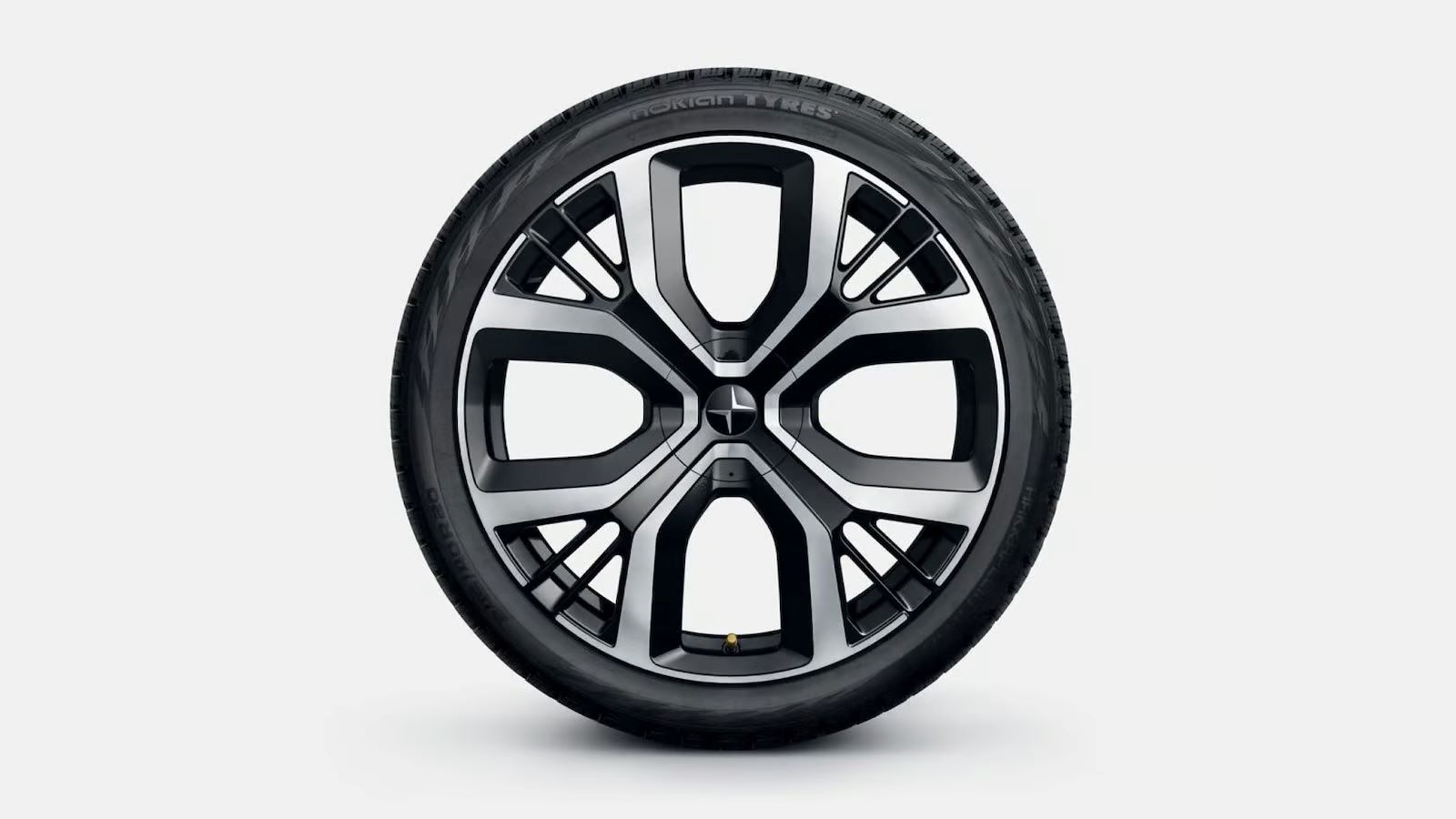
Wheels are a fascinating invention that have revolutionized transportation and countless other industries. Most of us interact with wheels on a daily basis, whether we’re driving a car, riding a bicycle, or pushing a shopping cart. But how much do we really know about these circular marvels? In this article, we will explore 15 interesting facts about wheels that will not only expand your general knowledge but also give you a newfound appreciation for their importance in our daily lives. From ancient civilizations to modern innovations, the evolution of wheels has had a profound impact on human history. So, hop on board as we dive into the world of wheels and discover some surprising tidbits that are sure to keep you rolling along!
Key Takeaways:
- The invention of the wheel has revolutionized transportation and machinery, impacting everything from cars to bicycles and even sports equipment.
- Wheels come in various sizes and materials, playing a crucial role in reducing friction, symbolizing progress, and providing stability and support.
Wheels are one of humanity’s greatest inventions.
Wheels have been an essential tool for transportation and revolutionized the way people travel and transport goods.
The oldest known wheel dates back to around 3500 BC.
Archaeologists discovered a wooden wheel in Slovenia, providing evidence of early wheel usage.
Wheels are used in various applications.
From vehicles and bicycles to machinery and industrial equipment, wheels are utilized in countless industries.
The invention of the wheel paved the way for the development of automobiles.
Without wheels, the modern automobile as we know it today would not exist.
Wheels come in different sizes and materials.
From small, lightweight bicycle wheels to large, robust truck wheels, there is a wide variety of options available.
Wheels can be made from materials such as steel, aluminum, and even carbon fiber.
Each material has its own unique characteristics, offering different benefits and performance.
The concept of wheel and axle is used in many mechanical devices.
The wheel and axle mechanism allows for efficient transfer of rotational motion and torque.
The wheel has been used symbolically throughout history.
It has often represented movement, progress, and even enlightenment in various cultures and religions.
The spinning wheel played a significant role in textile production.
Before the industrial revolution, spinning wheels were used to spin fibers into yarn for cloth making.
Wheels are crucial for the smooth functioning of machinery.
They reduce friction, allowing for easier movement and improved efficiency in mechanical systems.
Wheels are vital for the performance of sports equipment.
From the wheels on roller skates to those on skateboards and racing cars, they greatly impact speed and maneuverability.
The wheel is a fundamental component of a bicycle.
From road bikes to mountain bikes, the wheel provides stability and support for the rider.
The phrase “reinventing the wheel” means needlessly duplicating something.
It implies wasting time and effort on a task that has already been done or a solution that already exists.
The Ferris wheel is a popular amusement ride enjoyed by people worldwide.
It offers breathtaking views and thrills as it revolves in a circular motion high above the ground.
The wheel is a symbol of progress and innovation.
Throughout history, advancements in technology and society have been associated with the invention of the wheel.
Conclusion
In conclusion, wheels play a significant role in our everyday lives. They have revolutionized transportation and have become an essential part of numerous industries. From ancient times to the modern era, the development of wheels has brought countless benefits and advancements.Whether it’s for automotive vehicles, bicycles, or industrial machinery, wheels provide stability, maneuverability, and efficiency. Their design and materials have evolved over the years, resulting in stronger, lighter, and more reliable options. With ongoing technological advancements, we can expect even more innovative wheel designs in the future.So next time you take a drive or ride a bike, take a moment to appreciate the humble wheel and its remarkable contribution to human progress.
FAQs
Q: Who invented the wheel?
A: The invention of the wheel is credited to the ancient Mesopotamians around 3500 BCE.
Q: How are wheels made?
A: Wheels are typically made using a combination of materials such as rubber, steel, and aluminum. The manufacturing process involves casting, machining, and assembly.
Q: What is the purpose of spokes in a wheel?
A: Spokes in a wheel provide structural support and help distribute weight evenly. They also increase the wheel’s strength and reduce its overall weight.
Q: Are all wheels round?
A: While most wheels are round, there are some exceptions. For example, elliptical wheels have been used in specific applications to improve stability and reduce rolling resistance.
Q: What is the largest wheel in the world?
A: The London Eye in England has one of the largest wheels in the world, with a diameter of 394 feet (120 meters).
Q: Can wheels be customized?
A: Yes, wheels can be customized to fit individual preferences. There are various options available, including different sizes, finishes, and spoke patterns.
Q: How do wheels improve transportation?
A: Wheels make transportation more efficient by reducing friction between the vehicle and the road. This allows for smoother movement, increased speed, and easier control.
Q: Are wheels used in other applications besides transportation?
A: Absolutely! Wheels are used in a wide range of industries, including manufacturing, construction, agriculture, and logistics. They are essential for moving heavy loads, machinery, and equipment.
Q: Can wheels be recycled?
A: Yes, wheels can be recycled. Materials such as steel, aluminum, and rubber can be reclaimed and reused to make new wheels or other products.
Q: How long do wheels typically last?
A: The lifespan of a wheel depends on various factors, including usage, maintenance, and the quality of materials. In general, well-maintained wheels can last for many years.
Was this page helpful?
Our commitment to delivering trustworthy and engaging content is at the heart of what we do. Each fact on our site is contributed by real users like you, bringing a wealth of diverse insights and information. To ensure the highest standards of accuracy and reliability, our dedicated editors meticulously review each submission. This process guarantees that the facts we share are not only fascinating but also credible. Trust in our commitment to quality and authenticity as you explore and learn with us.


